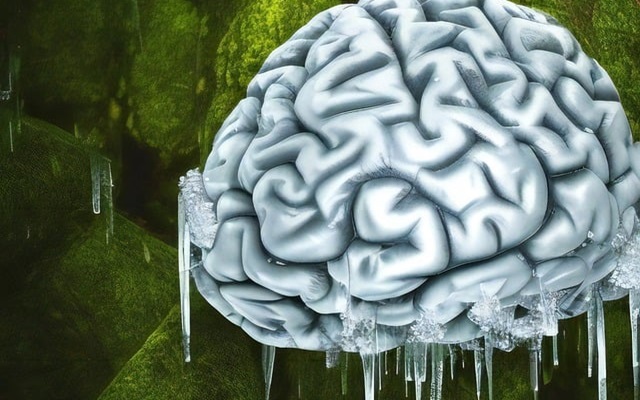Do you want to live forever? Well, you just might be able as a team of scientists at Fudan University in China say they have made a breakthrough and found a way to revive brain tissue that was frozen.
You have probably heard about people planning to have themselves frozen when they die in hopes of someday being brought back to life. Or you might have seen this done in a sci-fi movie. Well, that’s just it. Freezing a body to revive it later does not work, not with current means. This is why such things are the stuff of science fiction.
Will you offer us a hand? Every gift, regardless of size, fuels our future.
Your critical contribution enables us to maintain our independence from shareholders or wealthy owners, allowing us to keep up reporting without bias. It means we can continue to make Jewish Business News available to everyone.
You can support us for as little as $1 via PayPal at office@jewishbusinessnews.com.
Thank you.
The Fudan University scientists, however, found a way to preserve frozen tissue by establishing a new cryopreservation method (MEDY) for brain organoids and tissues. MEDY, they say, maintains the structure and functional activity of cortical organoids. MEDY can be applied to diverse brain organoids, including patient-derived organoids
Brain organoids are tiny, three-dimensional structures grown in a lab dish that resemble parts of the human brain. They are created by culturing pluripotent stem cells, which are cells that have the potential to develop into any cell type in the body. When these stem cells are exposed to specific chemicals and growth factors, they can be coaxed into differentiating into brain cells, such as neurons and glial cells. These cells then self-organize into structures that mimic the developing human brain.
The new solution was developed at Fudan University by Dr Zhicheng Shao and his colleagues who said, “Fresh, viable human brain tissue with natural pathological features is a more reliable model to study neural diseases (than organoids).”
“However, with limited accessibility and manipulability, cryopreservation and reconstruction of living brain tissue with specific pathological features remain hugely challenging, as it is hard to maintain the survival of large amounts of functional neurons,” they added.
Brain diseases take a massive toll on both people’s lives and healthcare budgets, explain the researchers. Disappointingly, over 90% of promising new drugs for these diseases fail in clinical trials. A key culprit is the difficulty of bridging the gap between results in animals and humans.
Recent breakthroughs in organoid technology offer a glimmer of hope. These lab-grown mini-brains hold immense potential for understanding human brain development, mimicking brain diseases, and even developing new treatments. However, their usefulness is hampered by the need for long-term culturing, high costs, and difficulty in storing them.
What this all means is, some day we may literally be able to bring back the dead. Instead of science fiction, reviving frozen or even dead tissue could be science fact.
Fresh human brain tissue with natural disease hallmarks provides a more reliable model for studying these conditions. Unfortunately, limited access and the challenges of cryopreservation and reconstruction make it difficult to use this approach widely. The main hurdle is preserving the function and survival of large numbers of neurons during the freezing process.
Therefore, explain he scientists, developing reliable cryopreservation techniques for both fresh human brain tissue and brain organoids is crucial.




